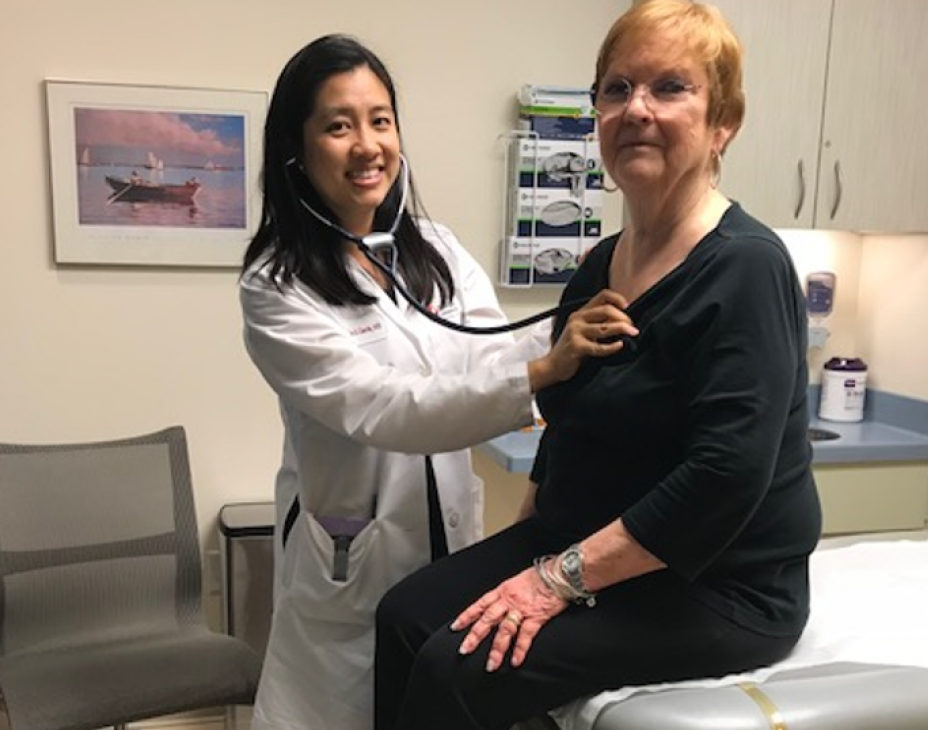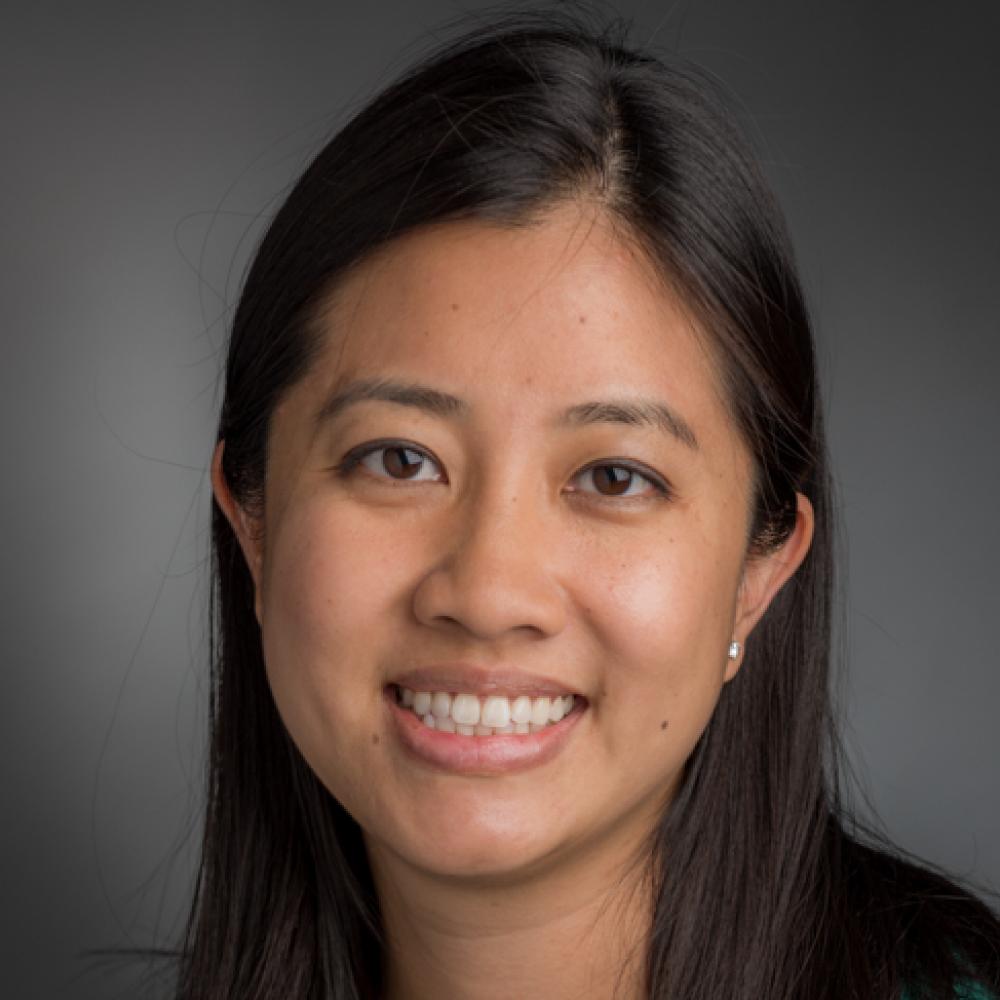These researchers have dedicated their careers to finding new treatments and cures for people with cancer.

Patients with relapsed acute myeloid leukemia (AML) – a type of blood cancer – face barriers in reaching ideal outcomes and have few avenues for care. Most AML drugs are especially toxic on the body, and it can be challenging to find treatments that are easier to endure. Epigenetic therapies – or techniques to treat diseases caused by external, non-inherited influences on a patient’s genes – are helping doctors address these problems. Epigenetic approaches are generally well-tolerated in patients, including older populations. However, more research is needed to understand how epigenetic therapies work and why more patients may benefit when these drugs are combined with other treatments.
Dr. Garcia, a medical oncologist and hematologist at the Dana-Farber Cancer Institute, is working to understand how certain AML-causing mutations, like nucleophosmin1 (NPM1), can be made vulnerable to new epigenetic therapies. She also treats patients in clinical trials.
“How epigenetic drugs work or amplify responses when strategically combined with other drugs is unclear and worthy of further research,” says Dr. Garcia. “Finding therapeutic strategies to augment patient responses is a priority.”
Emerging Data on Epigenetic Drugs
Using support from a Conquer Cancer grant, Dr. Garcia tested cell lines and analyzed blood and bone marrow samples from patients whose AML presents with and without NPM1 mutations. She found that ixazomib – a drug that can stop tumor expansion by blocking some of the proteins needed for cancer cell growth – showed promise in targeting AML with NPM1 mutations in the lab. She gained invaluable skills and early-career insights that helped accelerate her subsequent research into a clinical trial.
“In the lab, I found selective sensitivity to proteasome inhibitors, such as ixazomib,” says Dr. Garcia. “This taught me how to design correlative studies (laboratory tests to understand response or resistance), how much material is needed and what type of material is needed (e.g. how much blood or marrow), and what time-points are critical to do these research experiments.”
From this initial work, Dr. Garcia garnered enough data to generate a proof-of-concept study testing the effectiveness of a novel drug. Although this trial did not yield meaningful clinical outcomes, Dr. Garcia’s learnings laid the foundation for more funding and future breakthroughs.
“We designed a proof-of-concept trial that showed us early evidence that leveraging oxidative stress in the setting of this mutant protein [NPM1] has therapeutic potential, but this requires more investigation because single agent therapy is not sufficient to achieve a response,” says Dr. Garcia. “My subsequent trials that I have gone on to develop have well-designed scientific correlative studies, so that no matter the outcome of a trial, we will still learn why something is or isn’t working.”
Promising Treatment Pair Leads to Patient Responses
Dr. Garcia translated this traction into her first investigator-initiated study with support from the National Cancer Institute (NCI) and another Conquer Cancer grant. She launched a multi-site phase I trial pairing ipilimumab, a medication that activates the immune system, with decitabine, an epigenetic treatment for patients with relapsed or refractory AML. The trial helped Dr. Garcia find a safe dose and schedule with the combination of these two drugs and resulted in durable outcomes for several patients.
“We had many responders to treatment lasting for various lengths of time, but notably one long-term responder who is more than 3 years since treatment,” reports Dr. Garcia. “Although not every patient benefited, several have achieved complete remissions, including my own patients which was very rewarding.”
One patient who benefited from the CDA-supported trial was an 80-year-old man with AML. Dr. Garcia was heartened to see her patient tolerate the treatment well, experience no side effects, achieve more than a year of remission, and enjoy more quality time with his family.
“It is a challenge to find effective AML therapies and in particular ones that are not very toxic,” says Dr. Garcia. “Observing firsthand that the regimen could be tolerated or managed by most patients was really rewarding. It has been such a joy to see them respond.”
Maintaining Research Momentum
Dr. Garcia’s next steps include tailoring and testing combinations with novel therapies in tandem with standard chemotherapies to help reach more patients. Her Conquer Cancer–funded work is now published in Blood – a leading scientific journal for hematologic malignancies – and is publicly available for doctors and patients to use. And contributing to major leaps forward in leukemia care is affirming Dr. Garcia in her momentum toward conquering cancer.
“Providing outstanding patient care is the most critical aspect of my career, and bringing hope to patients with challenging cancers is necessary. Having some who achieved response provided initial encouragement that I am on the right path with my research efforts,” says Dr. Garcia. “I believe we can improve the outcomes of patients afflicted by these diseases and research studies are the key to success.”
